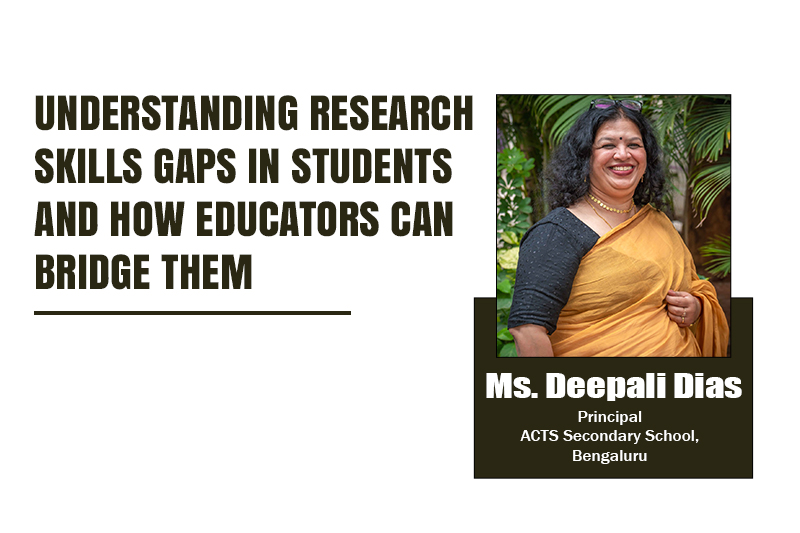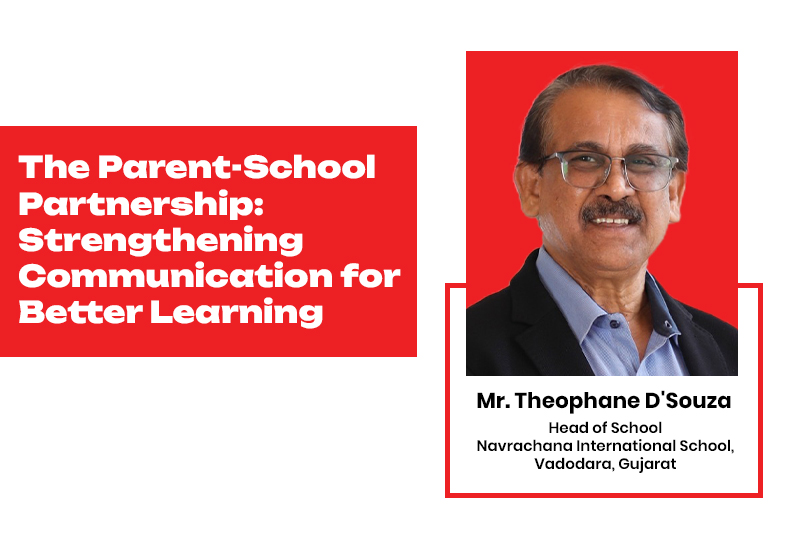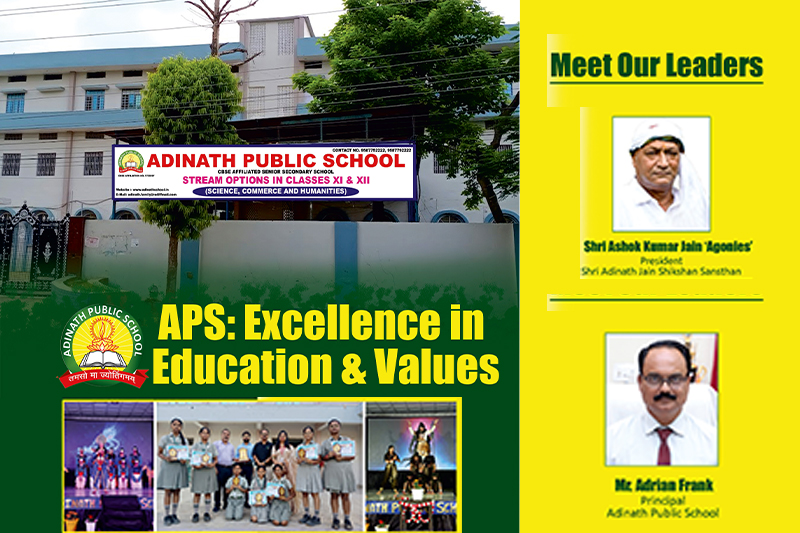Mr. Nikhil Wagh, Educon International School, Pune: Balanced Screen Time Approach in Early Education
“Learning is a lifelong process to unveil the purpose of life. At EIS, we believe that early experiences—both on screen and beyond—shape not just young minds but also prepare global citizens. Let’s guide our children with balance, care, and vision.”
In a time where education and technology are deeply intertwined, the question of screen time in early childhood learning evokes both enthusiasm and concern. At the forefront of this conversation stands Mr. Nikhil Wagh, Chairman of Educon International School, Pune, whose progressive vision is rooted in balance, intentionality, and child-centric education.
At Educon, the belief is simple but profound: if a child isn’t learning the way you teach, teach the way the child learns. This foundational idea has shaped a curriculum that integrates personalized learning models and appropriate digital tools, including the VAK model—visual, Auditory, and Kinesthetic—to reach every learner in ways that feel natural and engaging.
The Digital Shift: Opportunity with Awareness
Screens today are more than entertainment devices; they’re becoming companions in language development, early literacy, critical thinking, and creativity. Educational apps, interactive whiteboards, and virtual storytelling reshape how children connect with information.
Mr. Wagh recognizes this transformation as an opportunity, when guided with care.
“Technology enables children to explore and express in new ways. But its use must be purposeful, never passive,” he emphasizes.
Research supports this balanced view: Guided, age-appropriate screen time—especially when paired with adult interaction—can enhance vocabulary, promote curiosity, and support cognitive flexibility.
Beware the Trade-Offs: Balance is Non-Negotiable
Yet with opportunity comes responsibility. Mr. Wagh warns against the dangers of excessive or unstructured screen use in early years:
“It’s not just about screen time quantity—it’s about quality, context, and companionship during that time.”
Key developmental milestones—like imaginative play, movement, face-to-face interaction, and emotional bonding—cannot be substituted by screens. Unregulated digital exposure risks displacing these vital experiences.
This is why Educon International School takes a holistic approach, ensuring screen time complements rather than replaces foundational growth activities.
Educon’s Purposeful Digital Integration
At EIS, digital tools are never used for novelty’s sake. Instead, technology is integrated in ways that support deeper learning, inquiry, and creativity. Teachers receive specific training to design interactive and age-appropriate screen experiences that spark curiosity and reflection.
For example:
- Digital art tools are paired with physical materials for creative expression.
- Virtual explorations of farms or nature trails are followed by real-world gardening or outdoor play.
- Story apps are used to build vocabulary, but followed by classroom dramatization or discussions.
This blend of digital and hands-on experiences embodies Educon’s learning philosophy: Explore. Engage. Experience.
Lessons from the Pandemic: Technology with a Human Touch
During the COVID-19 pandemic, Educon adapted swiftly with a Virtual Learning Framework (VLF) that kept even the youngest students connected to learning and to each other. However, Mr. Wagh is quick to remind us:
“Nothing can replace the warmth of a teacher, the laughter of shared play, or the magic of a story read aloud in person.”
Post-pandemic, Educon retained digital best practices while restoring the in-person experiences that ground children in reality and relationships.
Fostering Digital Citizenship from Day One
Educon’s screen time philosophy goes beyond moderation—it includes media mindfulness. From preschool, students are gently introduced to concepts like:
- Respectful online behavior
- Taking regular screen breaks
- The difference between learning and entertainment on screens
- Using technology as a tool, not a toy
These early lessons are embedded in the school’s broader focus on values-based education, which prioritizes empathy, integrity, and resilience—on and off screen.
Looking Ahead: Tech as a Tool, Not a Crutch
Mr. Wagh envisions an education system where tradition and transformation go hand-in-hand.
“Screen time in early learning isn’t something to fear—or to rely on completely. It’s just one tool among many that helps a child explore, engage, and grow.”
Ultimately, Educon International School remains committed to developing the whole child—not just as a tech user or student, but as a compassionate, curious, and capable global citizen.
Conclusion: Guiding with Balance, Care, and Vision
In a world racing toward digital immersion, Mr. Nikhil Wagh offers a much-needed voice of equilibrium. His message to parents and educators is clear:
Balance is not a fixed number—it’s a daily, deliberate effort.
With intentional integration, guided use, and a firm focus on values, screen time in early education can become a bridge to deeper learning—not a barrier.
Because, as Educon’s philosophy reminds us, true learning begins not with screens or systems—but with understanding each child’s unique way of engaging with the world.
Want more thought-provoking articles like this? Check out EducationToday – where education meets innovation.






